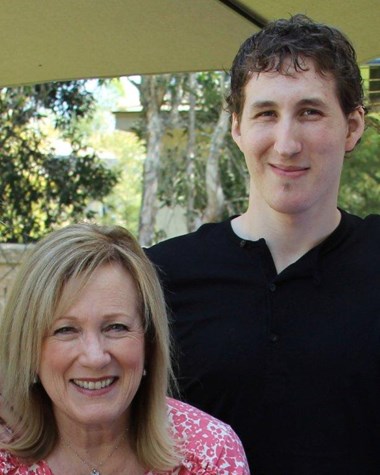Helpful list from From Jared Wilson - Here are 12 signs we have a genuinely repentant heart:
1. We name our sin as sin and do not spin it or excuse it, and further, we demonstrate “godly sorrow,” which is to say, a grief chiefly about the sin itself, not just a grief about being caught or having to deal with the consequences of sin.
2. We actually confessed before we were caught or the circumstantial consequences of our sin caught up with us.
3. If found out, we confess immediately or very soon after and “come clean,” rather than having to have the full truth pulled from us. Real repentance is typically accompanied by transparency.
4. We have a willingness and eagerness to make amends. We will do whatever it takes to make things right and to demonstrate we have changed.
5. We are patient with those we’ve hurt or victimized, spending as much time as is required listening to them without jumping to defend ourselves.
6. We are patient with those we’ve hurt or victimized as they process their hurt, and we don’t pressure them or “guilt” them into forgiving us.
7. We are willing to confess our sin even in the face of serious consequences (including undergoing church discipline, having to go to jail, or having a spouse leave us).
8. We may grieve the consequences of our sin but we do not bristle under them or resent them. We understand that sometimes our sin causes great damage to others that is not healed in the short term (or perhaps ever).
9. If our sin involves addiction or a pattern of behavior, we do not neglect to seek help with a counselor, a solid twelve-step program, or even a rehabilitation center.
10. We don’t resent accountability, pastoral rebuke, or church discipline.
11. We seek our comfort in the grace of God in Jesus Christ, not simply in being free of the consequences of our sin.













